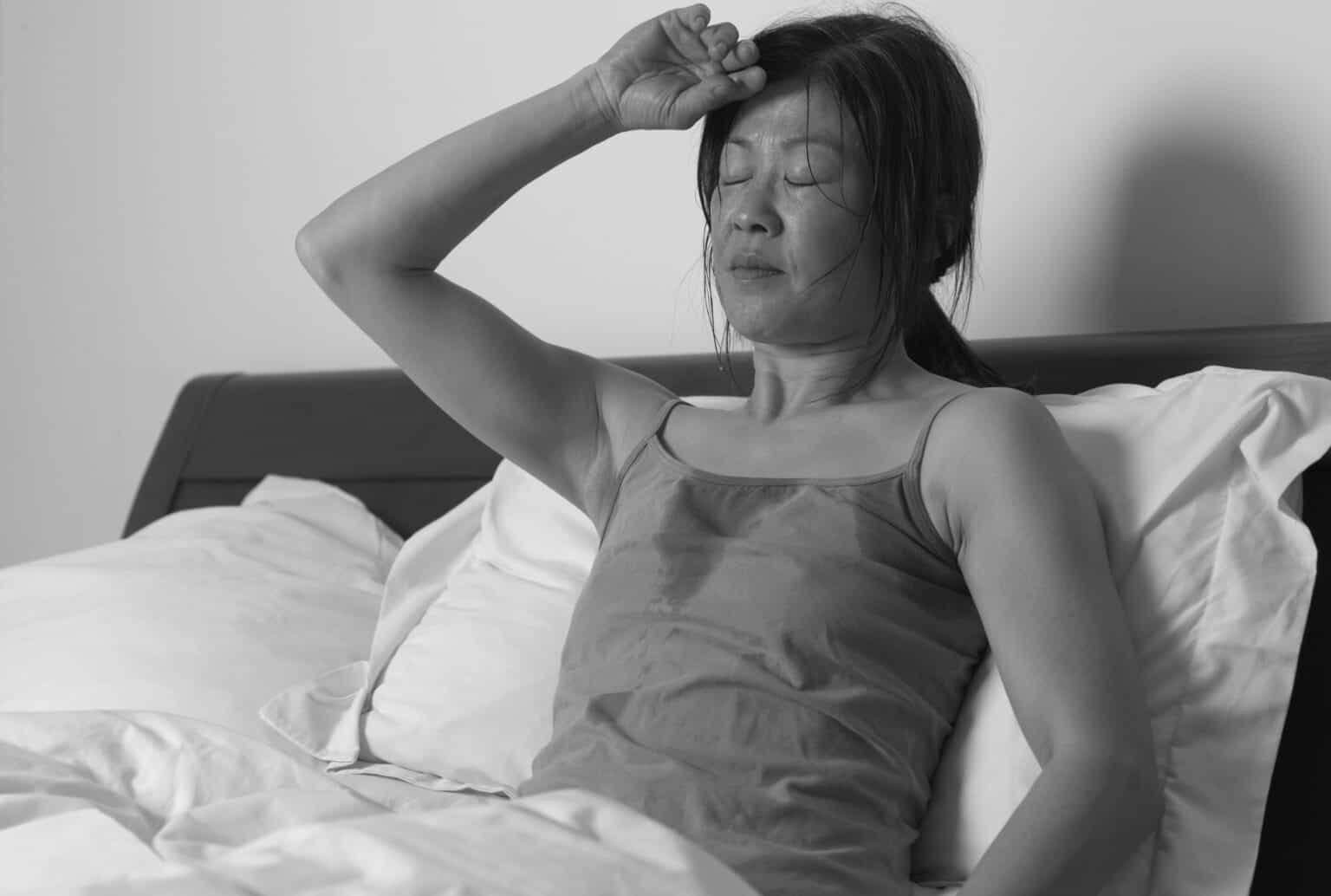Global Courant 2023-05-13 03:41:51
The Food and Drug Administration on Friday approved a new nonhormonal drug to treat diabetes hot flashes and night sweats that often plague people during menopause.
While not as effective as the standard treatment – estrogen or estrogen in combination with a progestin – the new prescription drug, fezolinetant, will be welcomed by those who struggle with vasomotor symptoms – bouts of intense heat along with sweating and flushing – and will not or cannot take hormonal taking therapy, such as breast cancer survivors. The pills will be marketed as Veozah for the treatment of moderate to severe hot flashes, the most common symptom caused by menopause which may last several years or as long as a decade or more.
“I’m so excited about this FDA ruling,” said Dr. Mary Rosser, an assistant professor of women’s health at Columbia University Vagelos College of Physicians and Surgeons and director of Integrated Women’s Health at Columbia. “We’re talking about something that’s going to be powerful.”
Astellas’ VEOZAH, tablets fezolinetant.Astellas
Rosser said the drug will be a “game-changer” for women who don’t want to take hormone replacement therapy or who have been treated for hormone-sensitive cancers. So do patients like Diane Hoard, whose hot flashes came on sharply shortly after she entered menopause.
Hoard recalls one particular windy and snowy winter day when the temperature hovered around 32 degrees. “I had my coat wide open,” she told NBC News. “Sweat ran down my forehead. I was miserable.”
A prescription for hormone therapy calmed the hot flashes. But a year after she started the medication, Hoard was diagnosed with stage 1 breast cancer and told she could no longer take hormones.
Hoard’s hot flashes returned vengefully, hitting her every 30 minutes, ruining her concentration and sleep.
“It just has a huge impact on my life,” she said.
Hoard looks forward to getting a prescription for the new drug.
“I’m looking for a bit of normalcy in my life because it was debilitating for me,” she said.
With FDA approval, the pills could be available in pharmacies within weeks, Marci English, vice president and head of BioPharma Development at Astellas, the drug’s maker, said in an interview.
However, the drug is not a panacea. Hormone replacement therapy cools hot flashes in over 90% of those who use it.
With the new medication, the percentages are smaller. a Phase 3 trial showed that it improved hot flashes in just under half of those who took it: 48% of the higher-dose women and 36% of the lower-dose women reported feeling much or moderately better, compared with 33% in the placebo group.
“I don’t see it as a replacement for estrogen,” says Dr. Samantha Dunham, a clinical associate professor and co-director of the Center for Midlife Health and Menopause at NYU Langone, who has served as an advisor to the pharmaceutical company. “I see it as a non-hormonal alternative for people who can’t or don’t want to take hormone therapy.”
The drug works by targeting and blocking a receptor in the brain that regulates body temperature, according to the FDA statement.
According to Astellas, a 30-day supply is expected to cost $550.
“Unfortunately, the thing that’s going to be the biggest problem I’m sure in my practice and everyone’s is exactly what the price of the drug is,” Dr. Holly Thacker, director of the Cleveland Clinic Center for Specialized Women’s Health, said: “It’s very frustrating to have an exciting drug that works, but most of your patients can’t access it or can’t afford it. “
The new medication doesn’t help other menopausal symptoms, such as thinning bones or vaginal dryness and painful sex, Dunham said.
Relief for hot flashes goes beyond comfort.
“Flashing really isn’t good for the brain or the cardiovascular system,” Thacker said. “So, you know, you just can’t blow away those symptoms in a lot of women.”
The clinical data showed relatively few side effects, at least in the time period covered by the studies. Some participants had abnormal values in liver function tests, but those markers returned to normal after the medication was discontinued.








